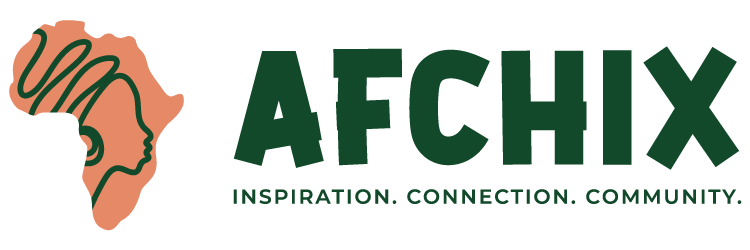By Mari Blumenthal & Vymala Thuron
AfChix chosen as a winner of the #WomenConnectChallenge to continue a project using community networks and training to close the digital gender divide in Africa
AfChix is enabling women in rural Kenya, Senegal, Namibia, and Morocco to take the lead in connecting their communities to the internet for the first time. AfChix is one of the winners in the third round of the WomenConnect Challenge, funded by the United States Agency for International Development (USAID). WomenConnect is a global call for solutions to improve women’s participation in everyday life by meaningfully changing the ways women access and use technology.
As a winner in the first round of the WommenConnect Challenge, launched in 2018, AfChix has already built four community networks by installing communications infrastructure in rural areas. AfChix trains local women to technically maintain the installed network infrastructure and to develop sustainable business plans to manage the way surrounding communities access the internet connectivity now available to them. This includes providing women with digital literacy and other training to empower them to use technology and the internet to improve their lives and build small businesses.
To date, USAID has 16 WomenConnect Challenge grantees working to address barriers limiting women’s access to technology and to connect nearly 6 million women in 16 countries. In the current round of the project, AfChix plans to extend the reach of its four existing networks to connect more schools and households, while also offering digital literacy training to more women in these communities and across Africa.
AfChix hopes that through building the technical, policy, and leadership capacities of women in establishing and managing local internet service providers and creating a safe space for women and girls to interact with technology, it can contribute to closing the immense gender digital divide still present in Africa. The gender digital divide reflects (GDD) inequalities in digital connection due to gender. Globally, the proportion of women using the internet is 12% lower than the proportion of men and in the least developed countries in Africa, this gap broadens to 31%.
Dr Revi Sterling, Director of the WomenConnect Challenge, says USAID remains committed to closing the gender digital divide by supporting organisations like AfChix, who recognise that this will require more than just connecting communities to the internet. “AfChix empowers women to take a leading role in how their community accesses the internet. This helps to overcome perceptions that women can’t or shouldn’t use technology and also builds their self-confidence about using it. The training these women receive shows them how to use technology to their benefit by accessing economic opportunities, including as entrepreneurs.”
Dorcas Muthoni, founder of AfChix, says closing the gender digital divide is becoming increasingly important to the social and economic empowerment of African women. “Digital technology is a key driver of economic empowerment, especially today. African women, who tend to rely on informal employment opportunities, have been disproportionately affected by the COVID-19 pandemic. This should serve as a wake up call that closing the digital divide is critical. Building digital skills for women and girls can help them to take advantage of the opportunities created in the new digital era arising from the pandemic.”
Muthoni says that by joining efforts with USAID to increase women’s access to and use of technology, AfChix hopes to support many girls and working-age women to be changemakers. “This joint USAID and AfChix’s ‘Scaling up Women-Led Community Networks for Women’s Prosperity’ project will help to enable women to fully participate in their economies by equipping them with the skills needed to enter an increasingly digital labour market or to become entrepreneurs. We know that women tend to invest the gains of their success back into their families and communities and have the potential to make an even more significant contribution to development and prosperity. We hope to use Women-Led Community Networks to amplify this impact,” she concludes.

